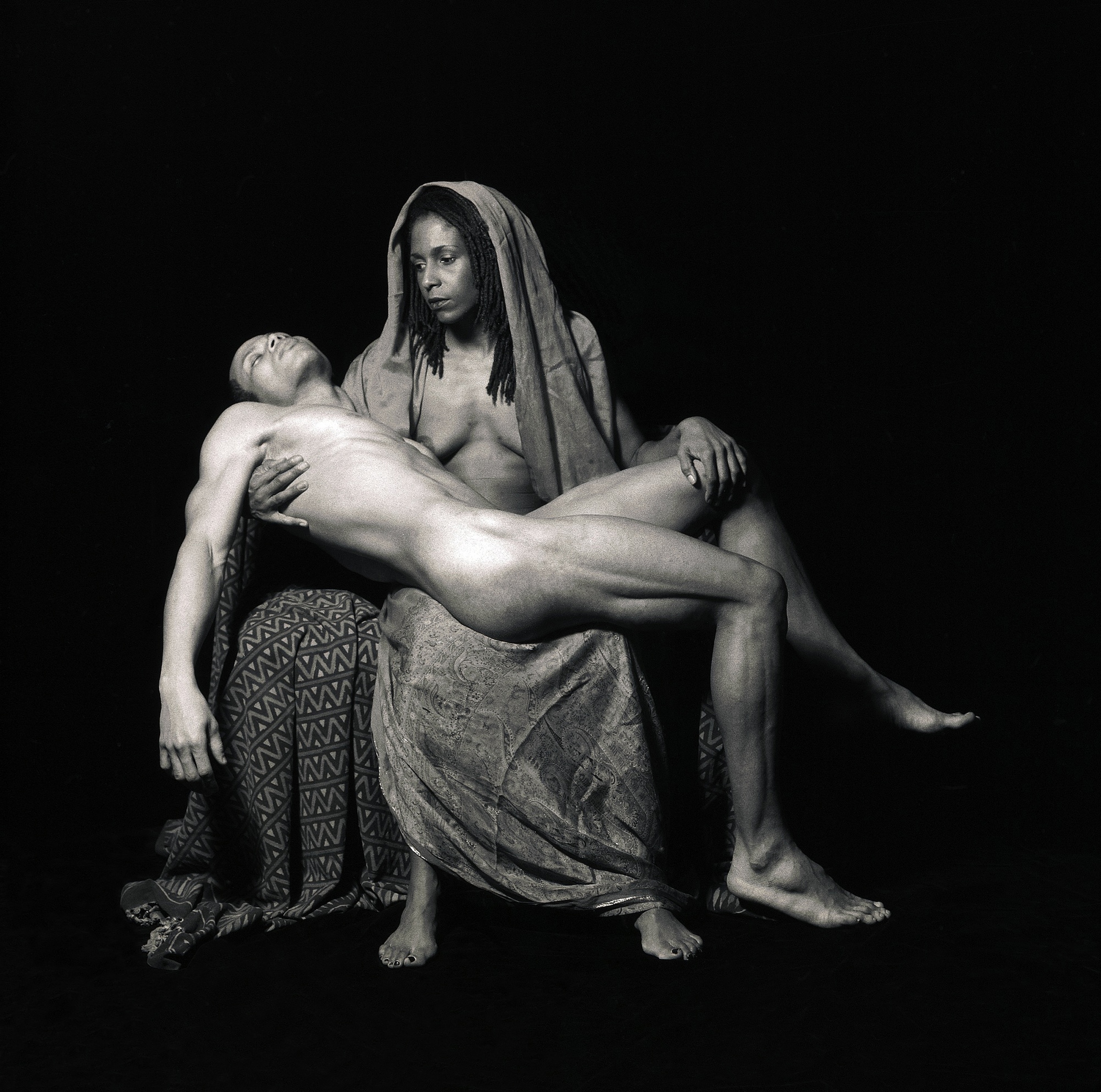Through a Lens Darkly
Runs Fri., Nov. 21–Wed., Nov. 26 at Northwest Film Forum. Not rated. 92 minutes.
There are a lot of commendable ideals in Thomas Allen Harris’ essay film, which parallels the history of photography with the African-American experience. That a few free blacks ran photography studios before the Civil War was certainly news to me, though subsequent images of circus freaks, lynchings, and racist advertising are numbingly familiar. At a certain point, post-emancipation, blacks had to take charge of their own depiction, and Harris was lucky enough to be born into a family that carefully constructed its photo album. Eventually he became an artist and photographer himself (and also a protege of Tongues Untied director Marlon Riggs), which provides a bridge from the dignified poses of the Civil Rights era to our postmodern age. Through a Lens shows the work of some contemporary artists, including Carrie Mae Weems and Glenn Ligon, but it’s never quite enough. Likewise, the proud portraiture of Frederick Douglass and Sojourner Truth (who sold her photos to help support her abolitionist work) launches a tradition of image-conscious leadership that really merits its own separate study.
Harris acknowledges his film’s basis in the 2000 book Reflections in Black by Deborah Willis, one of many scholars he interviews here. Yet his dull, didactic film is burdened by the seeming intent to correct all 150 years of misrepresentation—from slavery to the present moment. No one man, no one documentary, can do that. Harris has simply bitten off more than he can chew in this historical survey, and the project isn’t helped by his overripe voiceover musings on identity (both his and his people’s). Settling on a single era or artist, like the street photographer Roy DeCarava—whose The Sweet Flypaper of Life was such a revelation in the ’50s—might’ve given more focus to Harris’ good intentions.
bmiller@seattleweekly.com








